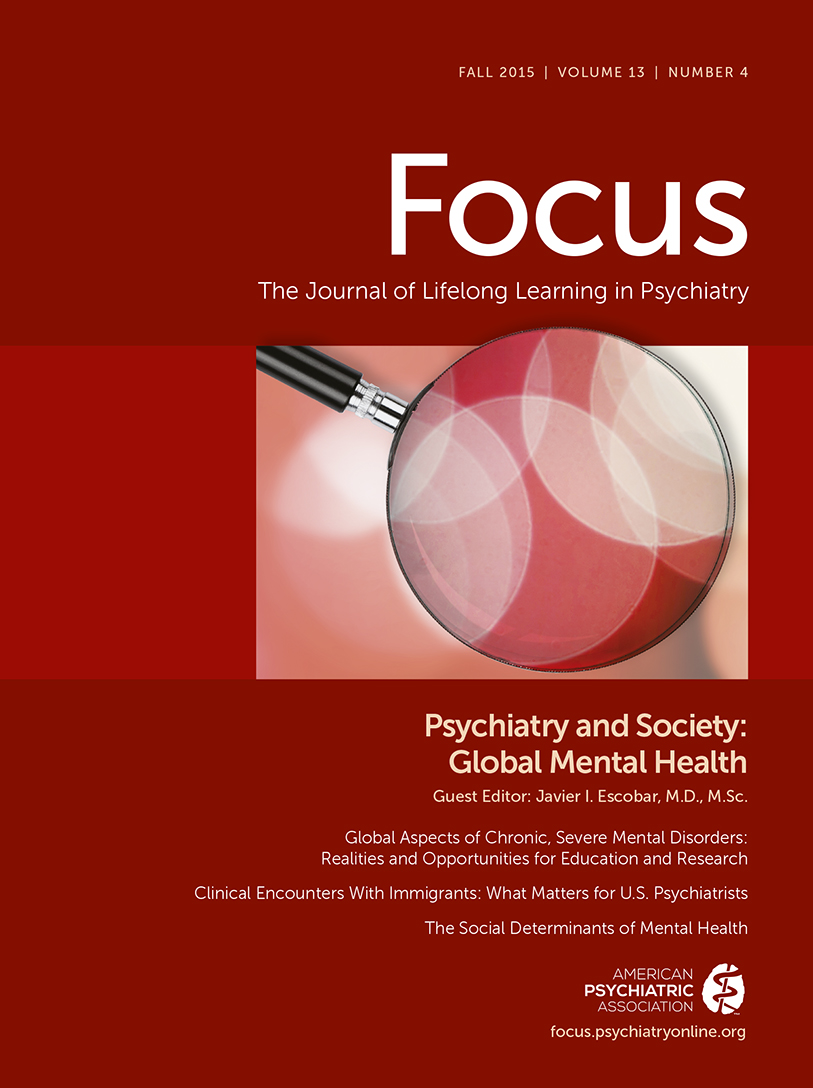An Introduction to the Cultural Formulation Interview
Abstract
This article explains the origins, development, and applications of the DSM-5 Cultural Formulation Interview (CFI). This work first discusses the relevance of cultural factors to all aspects of mental health care, demonstrating the need for person-centered cultural formulations in diagnostic and treatment planning. The DSM-IV Outline for Cultural Formulation is then reviewed as a framework for conducting cultural formulations. Key revisions from DSM-IV to DSM-5 are covered, including a consensus definition of culture relevant to mental health, guidelines for conducting cultural formulations in practice, and explanations of various CFI questionnaires for providers. Finally, this article provides a detailed examination of the core, 16-item CFI, the content of which serves as the foundation for all questionnaires. The CFI can be used to promote culturally competent practice that clarifies the meanings and expectations of health, illness, and treatment from the patient’s perspective.



